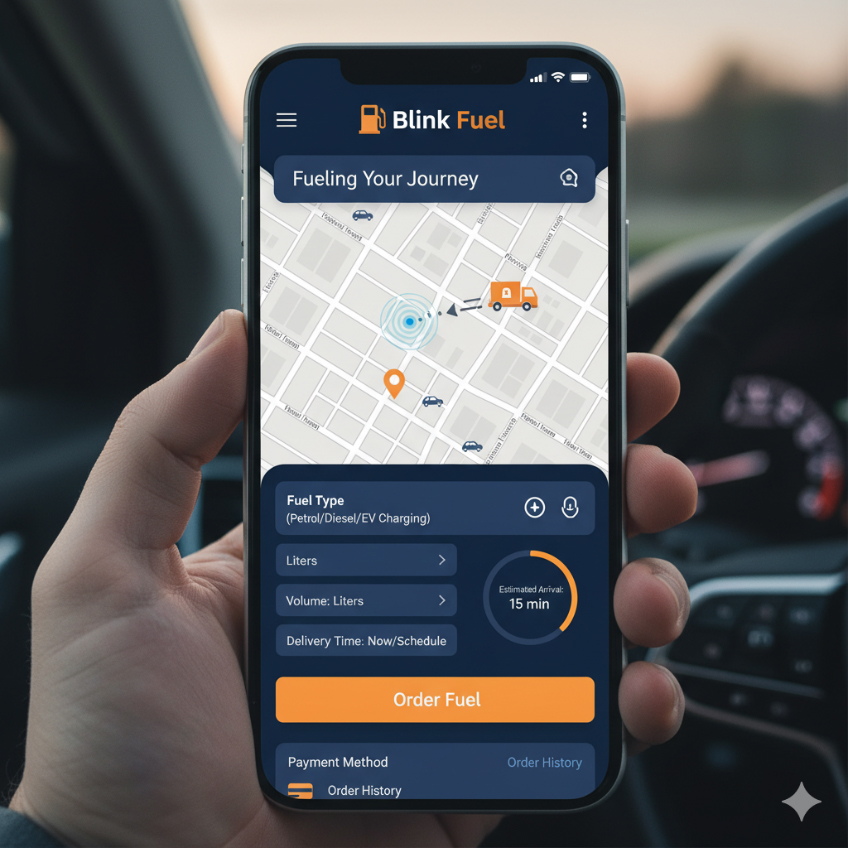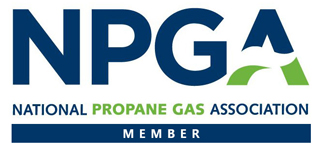The propane and wider fuel delivery industry has always been essential, but running a business in this space is far from simple. Between rising costs, growing customer expectations, and stiff competition, many fuel companies find themselves struggling to balance efficiency with service. While demand for reliable delivery is steady, the systems and processes many businesses rely on are not keeping pace with modern needs.
The Challenges Fuel Companies Face
Fuel delivery is still heavily dependent on outdated workflows. Ordering often happens through phone calls or emails, which leaves room for mistakes, delays, and confusion. Dispatchers and drivers face challenges when deliveries aren’t scheduled or routed in the most efficient way, which wastes time and increases costs.
Customers, too, often feel the pain of this system. Without visibility into where their delivery stands, they may be left waiting with little communication or updates. In a world where people can track a pizza from oven to doorstep, waiting blindly for fuel has become a frustration that can push customers to look for alternatives.
Operational oversight is another sticking point. Without tools that show real-time data on orders, revenue, or driver activity, managers are left making decisions with limited visibility. This lack of insight makes it harder to scale, adapt, or identify areas for improvement.
At the same time, margins are under pressure. Fuel businesses are competing against newer, tech-savvy companies offering more streamlined services. Building a custom solution in-house may seem like an option, but the cost and complexity of developing and maintaining a platform can put it out of reach for most small and mid-sized providers.
The Role of Technology in Meeting Expectations
To stay competitive, fuel companies need tools that improve efficiency while strengthening customer relationships. A modern solution should streamline ordering, optimize delivery routes, provide real-time tracking, and make payments easier. Just as importantly, it should help businesses present themselves under their own brand, reinforcing loyalty and trust with customers.
For many businesses, the challenge has been finding such a solution without investing enormous amounts of time and money. That’s where platforms like Blink Fuel come in.
The Solution for Your Business Needs
Blink Fuel offers a way for fuel delivery companies to modernize their operations without starting from scratch. Designed specifically for the industry, Blink Fuel provides a white-label mobile app and management system that carries a company’s own name and branding. Customers see the business they already know and trust, not a generic third-party service.
Through the app, customers can place orders easily, track their deliveries in real time, and receive updates along the way. For operators, Blink Fuel includes a delivery management dashboard with tools for dispatching, route optimization, and analytics. This creates a smoother process from order to fulfillment, reducing inefficiencies that cut into profit margins.
The platform also integrates payment and reporting features, making it easier to manage finances and keep a clear view of business performance. By taking care of the heavy lifting on the technology side, Blink Fuel allows companies to focus on what they do best—delivering fuel safely and reliably.
A Competitive Edge
In an industry where margins are tight and competition is growing, having a digital presence that matches modern customer expectations can make all the difference. Blink Fuel gives companies the chance to stand out, improve efficiency, and strengthen loyalty—without the cost and complexity of building their own system.
The propane and fuel delivery industry is changing quickly, but businesses that embrace the right tools can adapt and thrive. Blink Fuel provides the bridge between traditional operations and the on-demand convenience customers now expect.
For more details, visit BlinkFuel.com.











